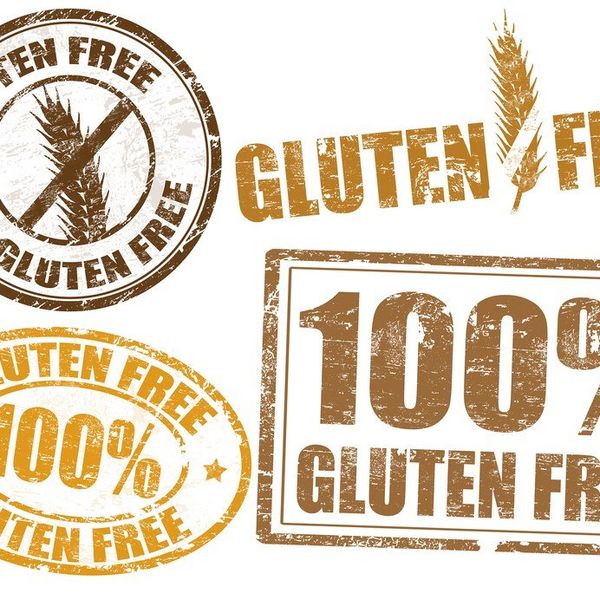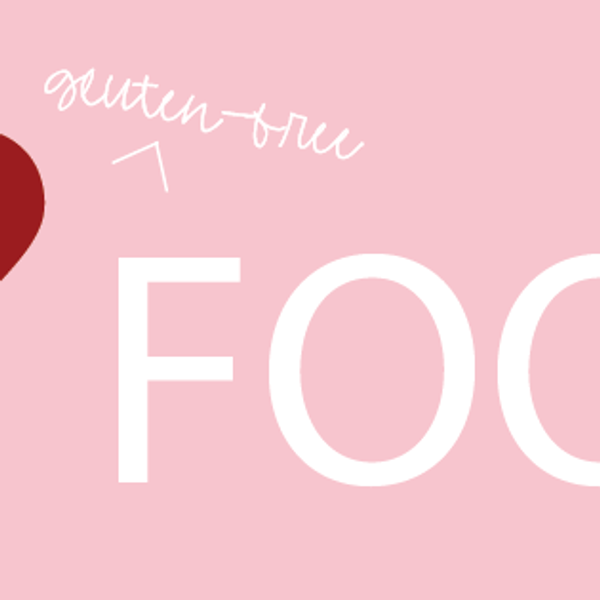It is the Kylie Jenner of food trends, a medical condition turned into a cultural phenomenon, the latest fad. Aisles and menus are stamped with the letters “GF.” Nearly ubiquitous in our culture, gluten-free has gone mainstream. A survey from the NPD Group shows that one-third of Americans want to decrease or eliminate gluten from their diets. At a record high, cutting out this common protein composite seems to be the greatest thing since sliced bread. However, gluten-free is not all about “losing weight” and trips to Whole Foods. In fact, this lifestyle is not necessarily synonymous with healthy. So, what is the hype with gluten-free?
According to the National Institute of Health, nearly one percent of Americans suffer from celiac disease--a rare autoimmune disorder that flares up when gluten is consumed. The only way to evade painful gastrointestinal problems is to eliminate this protein from one’s diet. For others, cutting out gluten can be a response to gluten sensitivity. Even though it is not nearly as severe as celiac disease, it is still an unfavorable dietary restriction. So, why are people breaking up with gluten? Who really wants to give up chewy pizza crust and fluffy birthday cake if they do not need to? Contrary to popular belief, cutting out gluten and monogramming your pantry with GF is not as healthy as you think. Gluten-free versions of common foods are arguably worse for you than the products they imitate. Because they replace wheat flour with heavily refined carbohydrates, blood sugar levels might spike.
Furthermore, gluten-free items do not contain the same amount of natural nutrients as normal products do, thus leading to possible deficiencies and more trips to Whole Foods to stock up on vitamins. Unless you have celiac disease or a legitimate sensitivity, there is no definite medical reason to eliminate it from your diet and you might actually be doing your body a disservice.
Lately, gluten-free seems to be just a dietary trend, a common postulation that the majority of people who eat gluten-free do so for a label, because their yoga instructor told them to, or to make themselves feel better, even though there is minimal scientific evidence to back up these assertions. In fact, some who have adopted gluten-free food do not actually know what gluten is.
When I walk into, yes, Whole Foods to buy my gluten-free bread, I get the question, “Are you actually gluten-free or is it by choice?” more often than not. No, it is not by choice. If I had the choice I would bask myself in the luxury of a large pizza with crust that doesn’t taste like cardboard, and fluffy cupcakes that don’t crumble when I take a bite. If I had the choice I would not spend twice as much on products that are labeled GF. If I had the choice I would not take five vitamins a day to compensate for the nutrients I do not get by eating highly refined products. If I had the choice, I would not be gluten-free.
Even though trends come and go, I think this gluten-free wave is here to stay and more people are going to ride it. So, if you are making the choice to go gluten-free, make sure you are doing it right and not hurting your body for the sake of being “healthier.”





















